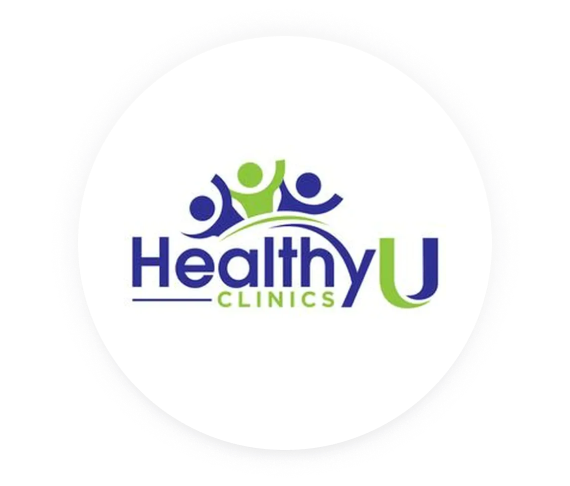Ingrown toenails can be a painful and frustrating condition, but with the right care and prevention strategies, you can keep your feet healthy and pain-free. At HealthyU Clinics, our podiatrists are here to help you understand how to prevent and treat ingrown toenails effectively.
What is an Ingrown Toenail?
An ingrown toenail occurs when the corner or edge of your toenail grows into the surrounding skin. This can cause pain, redness, swelling, and sometimes infection. It’s a common condition that often affects the big toe but can occur on any toe.
Prevention Tips
Preventing ingrown toenails starts with proper foot care. Here are a few things you can do to help avoid a painful ingrown toenail:
- Trim Your Toenails Properly: Always cut your toenails straight across and avoid rounding the corners. This helps prevent the nail from growing into the skin.
- Wear Properly Fitting Shoes: Shoes that are too tight or too loose can cause your toenails to grow improperly. Make sure your shoes have enough room for your toes to move comfortably.
- Keep Your Feet Clean and Dry: Good hygiene is essential. Wash your feet regularly and dry them thoroughly, especially between the toes.
- Avoid Trauma to Your Toes: Be careful not to stub your toes or drop heavy objects on them, as this can lead to ingrown toenails.
- Choose Breathable Footwear: Wearing shoes that allow your feet to breathe can help prevent moisture buildup, which can contribute to ingrown toenails.
Treatment Options
If you do develop an ingrown toenail, there are several treatment options available:
- Home Remedies: For mild cases, you can try soaking your foot in warm water with Epsom salts for 15-20 minutes, three to four times a day. This can help reduce swelling and relieve pain[3]. After soaking, gently lift the edge of the nail and place a small piece of cotton or dental floss under it to encourage it to grow above the skin[3].
- Over-the-Counter Pain Relief: Taking over-the-counter pain relievers like acetaminophen, ibuprofen, or naproxen sodium can help manage the pain[3].
- Antibiotic Ointment: Apply an antibiotic ointment to the affected area and cover it with a bandage to prevent infection[3].
- Professional Treatment: If home remedies don’t work or if you have a severe ingrown toenail, it’s important to see a podiatrist. They can lift the nail, trim or remove the ingrown portion, and provide proper care to prevent recurrence[4].
- Surgical Options: In recurrent or severe cases, a podiatrist may recommend a minor surgical procedure to remove part of the nail and the underlying tissue to prevent the nail from growing back[4].
When to See a Podiatrist
You may be wondering at what point an ingrown toenail is severe enough to receive medical attention. Below are some general guidelines to follow on when to seek help I relieving an ingrown toenail from a podiatrist.
- Severe pain, redness, or swelling
- Signs of infection, such as pus or a foul odor
- An ingrown toenail that doesn’t improve with home treatment
- If you have diabetes or poor circulation – these conditions can complicate an ingrown toenail
At HealthyU Clinics, our podiatrists are dedicated to providing comprehensive foot care to keep you on your feet and pain-free. If you are struggling with an ingrown toenail or have any concerns about your foot health, don’t hesitate to contact us for an appointment. However, contact your insurance company first to see if you need a referral from a primary care physician before seeing a podiatrist.
Stay healthy and take care of your feet!
This blog is brought to you by HealthyU Clinics, a leading provider of primary and specialty care services.
Any advice or information shared on our blog, website, or other online communication forum is intended for informational purposes only and is not be considered a substitute for any professional medical advice or other advice. HealthyU Clinics does not make any representations or warranties and expressly disclaim all liability regarding any treatment, action, or effect on any person based on the general information provided through our blog, website, or other online communication forum. For specific concerns, or if you need medical advice, please contact HealthyU Clinics to schedule an appointment with a qualified medical professional.





